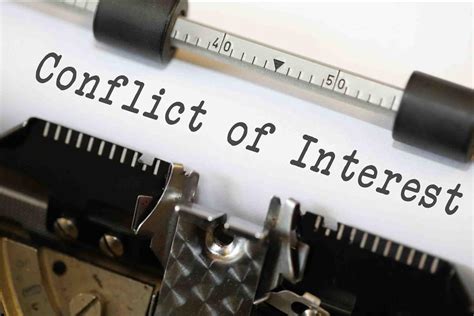Conflict is an inevitable part of any human relationship. For men, how they navigate these disagreements can be a powerful determinant of their relationship’s health, depth, and the level of respect they command. Instead of viewing conflict as something to avoid or win, mastering conflict communication means seeing it as an opportunity for growth, understanding, and strengthening the bond with your partner.
Understanding Conflict as an Opportunity
Many men are conditioned to approach conflict with a problem-solving mindset, often jumping to solutions without fully understanding the emotional nuances involved. Or, they might withdraw entirely, seeing conflict as a threat to peace. However, healthy conflict, when handled correctly, allows both partners to voice needs, concerns, and feelings, ultimately leading to a more robust and authentic connection.
It’s about shifting perspective from a ‘me vs. you’ mentality to an ‘us vs. the problem’ approach. This reframe is the first step toward building mutual respect and a more resilient partnership, as it signals a willingness to engage rather than escape.

The Foundations of Effective Communication
1. Practice Active Listening
One of the most powerful tools in conflict communication is active listening. This means truly hearing what your partner is saying, not just waiting for your turn to speak. Give them your full attention, make eye contact, and avoid interrupting. Reflect back what you hear to confirm understanding (e.g., “So, what I hear you saying is…”). This validates their feelings and demonstrates that you value their perspective, even if you don’t agree with it.
2. Use “I” Statements
Instead of accusatory “You” statements (e.g., “You always make me feel…”), frame your concerns using “I” statements (e.g., “I feel frustrated when X happens because Y, and I need Z”). This approach focuses on your feelings and needs, making your communication less confrontational and more open to resolution. It invites your partner to understand your internal experience rather than feel attacked.

Navigating High-Emotion Situations
1. Take a Pause
When emotions run high, it’s easy for conversations to derail into unproductive arguments. If either partner becomes overwhelmed, suggest taking a break. Agree on a specific time to reconvene (e.g., “Let’s take 30 minutes to calm down and talk again after dinner”). This allows both individuals to cool off, collect their thoughts, and approach the discussion more rationally.
2. Cultivate Empathy
Try to step into your partner’s shoes. What might they be feeling? What is their underlying need? Sometimes, an argument isn’t about the surface issue but about a deeper need for validation, security, or understanding. Acknowledging their feelings, even if you don’t fully agree with their interpretation of events, can de-escalate tension significantly.

Building Respect Through Resolution
1. Focus on Common Ground and Solutions
Once emotions have settled and both partners have been heard, shift the focus to collaborative problem-solving. What are the shared goals? What compromises can be made? The aim isn’t to win, but to find a mutually agreeable path forward that respects both individuals’ needs. This collaborative effort inherently builds respect and reinforces the idea that you are a team.
2. Practice Apology and Forgiveness
A genuine apology, when warranted, is a powerful act of humility and respect. It acknowledges hurt and takes responsibility for your part. Equally important is the ability to forgive. Holding onto grudges erodes trust and intimacy. Learning to move past transgressions, while not forgetting the lessons learned, is vital for long-term relationship health.

Practical Tips for Sustained Improvement
- Regular Check-ins: Don’t wait for a crisis. Schedule regular times to talk about your relationship, even when things are going well.
- Learn Your Partner’s Style: Understand how your partner typically handles conflict and adapt your approach accordingly.
- Seek External Help: If you find yourselves repeatedly stuck in unhealthy conflict patterns, consider couple’s counseling. A neutral third party can provide tools and facilitate breakthroughs.
- Self-Reflection: After a conflict, take time to reflect on your own contributions and what you could do differently next time.

Conclusion
Mastering conflict communication is an ongoing journey, not a destination. For men, embracing this challenge means cultivating emotional intelligence, active listening skills, and a willingness to be vulnerable. By engaging in conflict constructively, men not only build deeper respect and understanding with their partners but also forge stronger, more resilient relationships that can withstand life’s inevitable challenges. It’s a testament to true strength – the strength to connect, understand, and grow together.



